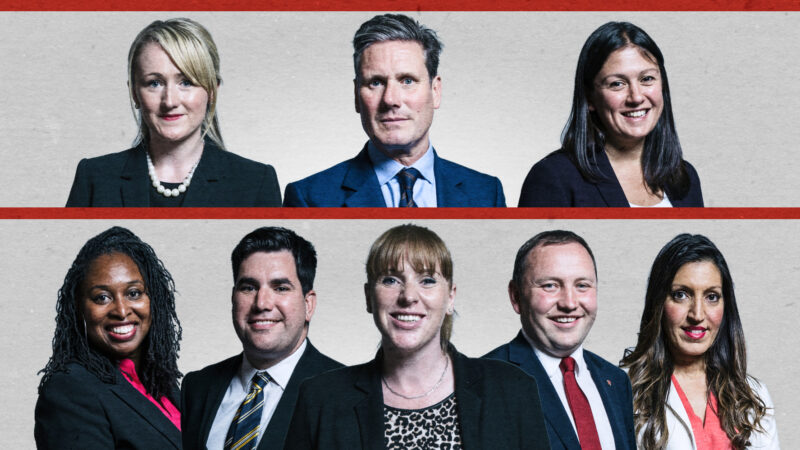
Ballots in the Labour Party’s leadership and deputy leadership elections have closed at noon, with the contests that began on January 7th coming to an end after almost three months.
Rebecca Long-Bailey, Keir Starmer and Lisa Nandy are the three candidates who ultimately won enough support throughout the process to emerge as the possible successors to Jeremy Corbyn.
The results of the leadership elections, as well as the three new members of Labour’s ruling national executive committee and Scottish Labour’s new deputy leader, will be announced on the morning of April 4th.
The latest polling from YouGov, carried out at the end of February, showed Starmer as the clear favourite to win. He was predicted to take 53% of first preferences and win in the first round of counting.
In the deputy leadership race, five candidates have made it to the end of the process: Richard Burgon, Rosena Allin-Khan, Angela Rayner, Dawn Butler and Ian Murray. Polling suggests that Rayner will win decisively.
In a video message to his supporters released as ballots closed, Starmer thanked his supporters, saying: “With the campaigns that Rebecca and Lisa have run and we’ve run, I think we’ve demonstrated… that real good can come out of this election.”
Speaking to supporters with her own message, fellow leadership contender Nandy said: “When this started I said Labour must change or die. I had no idea how many of you felt the same.”
She added: “We have shown Labour to be a party that has both humility and self-confidence… And while we won’t know the outcome of the contest until Saturday, I hope you already know that we have changed this party – together.”
A total of 784,000 members, affiliates and registered supporters were entitled to participate. The voting system in the contest is one-member-one-vote, and every vote is equal. A preferential voting method has been used, in which participants are asked to rank the candidates in order of preference.
If no candidate receives more than 50% of first preferences, the one with the least votes is eliminated and their votes are redistributed according to the second preferences indicated. Rounds of counting continue until the first contender achieves the ‘50% + 1’ threshold and wins.
Each candidate has come through two stages to secure a place in the final vote – first securing nominations from 10% of MPs and MEPs, and then from 5% of local parties or three affiliated organisations adding up to 5% of the affiliated membership.
At the outset of the leadership contest, Clive Lewis, Jess Phillips and Emily Thornberry also formally launched bids to become the next Labour leader, but left the process at various stages.
Lewis pulled out after securing the backing of only five MPs. Phillips withdrew early on in the second round, while Thornberry was knocked out after narrowly failing to reach the local party nomination threshold.
Events and hustings were cancelled by all candidates and the Labour Party last month amid the escalating coronavirus crisis and implementation of increasingly strict social distancing measures by the government.
The party had initially planned to hold a special conference on April 4th to reveal the results of both the leadership and deputy elections – however, this was also cancelled.
The announcement of the new leader and deputy will instead be released online on Saturday, with each candidate having to prerecord a video of themselves delivering a victory speech.




More from LabourList
‘Labour’s quiet quest for democratic renewal’
‘Labour promised to make work pay. Now it must deliver for young people’
‘Council Tax shouldn’t punish those who have the least or those we owe the most’